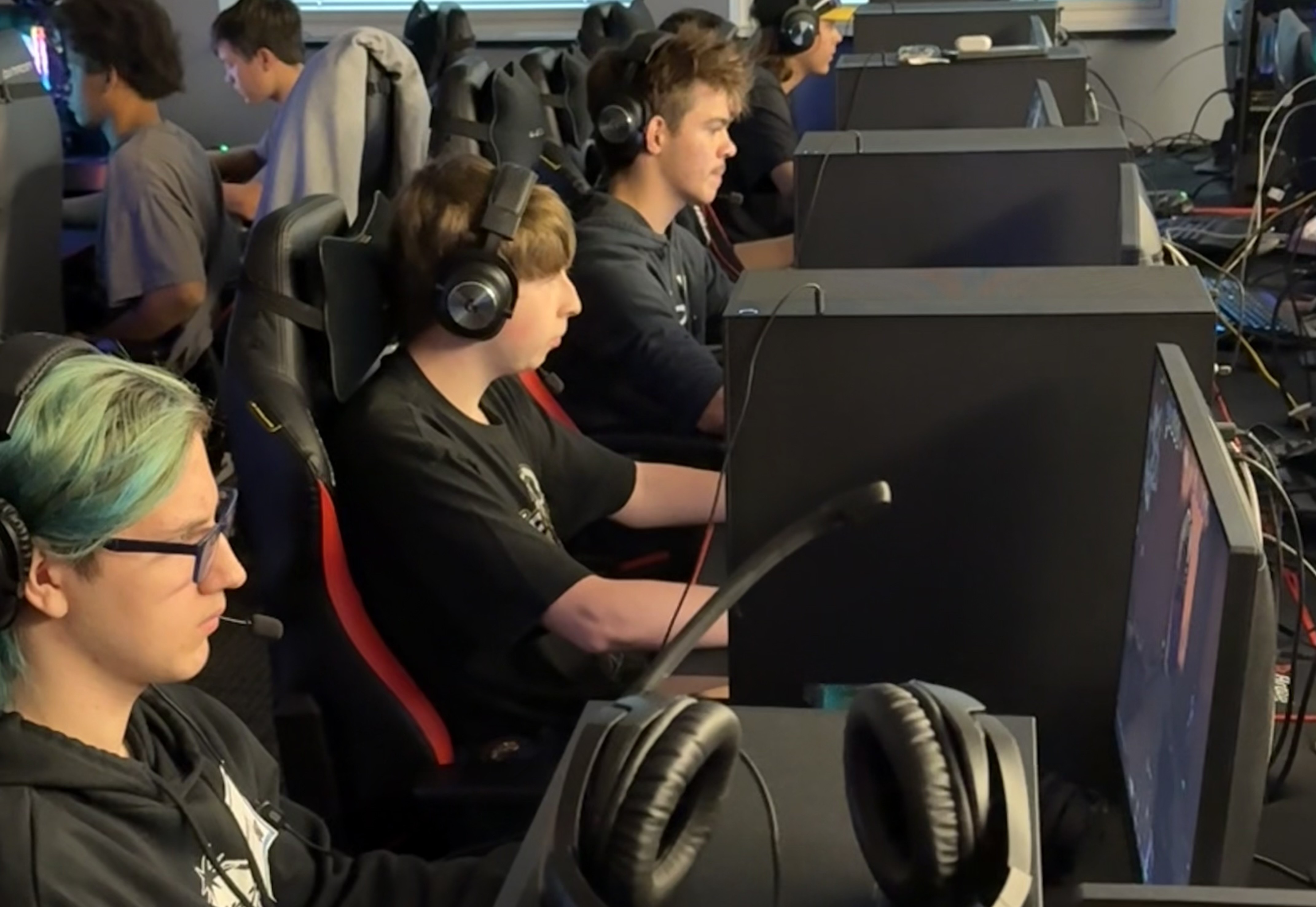Web filter keeps data flowing and kids safe
Located in Southern California, Poway Unified School District (USD) serves the educational needs of 33,000 students in grades K-12. In recent years, the district’s curriculum has increasingly included many more on-demand programs and applications which strain network bandwidth - almost to the point of overload.
Marc Ludwig, systems engineer for the district, had the job of replacing the school’s Web filtering equipment, as it struggled to meet the federal Children’s Internet Protection Act (CIPA) requirements. Poway needed a hardware-based product that ensured students weren’t able to turn off the proxy server on school workstations to access inappropriate material. And it needed a user-friendly Web filtering solution that would comply with CIPA – and do so economically.
The district previously used a software-based Web filtering product that was unable to keep students from accessing inappropriate online content. Students frequently by-passed proxy servers to access unsafe Internet content, such as social networks and gambling sites. To remedy this problem, Poway upgraded to an appliance-based product. However, the new product lacked user authentication and was difficult to manage.
To add to the frustration, IT staff often spent up to six hours a week adjusting access to sites that teachers needed for particular lessons, since the software didn’t let staff unblock sites at their discretion. Faculty also frequently inquired about the online activity of certain students or machines, so IT staff wanted a solution that could provide comprehensive, detailed reports when necessary.
In addition, Poway was struggling to manage bandwidth needs required by the school’s curriculum. The constant activity was causing the district to reach maximum available bandwidth during school hours, which created bottlenecks of traffic that hampered productivity among staff and students. To help address this issue, the district upgraded from a 45 Mbps connection to a 100 Mbps connection, allowing room for additional bandwidth growth. Because of the increased bandwidth capacity, Poway now required a Web filtering solution that would support its current and future bandwidth needs while maintaining CIPA compliance.
Before choosing iPrism from St. Bernard, Marc Ludwig researched other options, but ultimately chose St. Bernard’s h-Series appliance because of its price point and anti-virus feature. It was also appealing because of its ability to manage the district’s growing bandwidth requirements. The appliance was a one-time investment that would expand to meet the district’s future bandwidth demands.
With the iPrism 100h Web Filter in place, students can't access inappropriate online content by bypassing the proxy, as they did with the previous software-based product. Ludwig depends on the on-box reporting to gather real-time details on students’ online behavior, allowing him more time to focus on critical issues.
Tools and ideas to transform education. Sign up below.
Poway faculty can now change settings at their discretion, freeing IT administrators from the lengthy process of adjusting policy and online access on a situational basis. Teachers simply unblock sites as needed in real-time, an activity that previously required 24 hours advance notice to be approved and configured by the IT staff. Additionally, bandwidth issues have disappeared. Ludwig no longer receives reports regarding bottlenecks of network traffic, and productivity of the staff and students is not subject to disruption.
